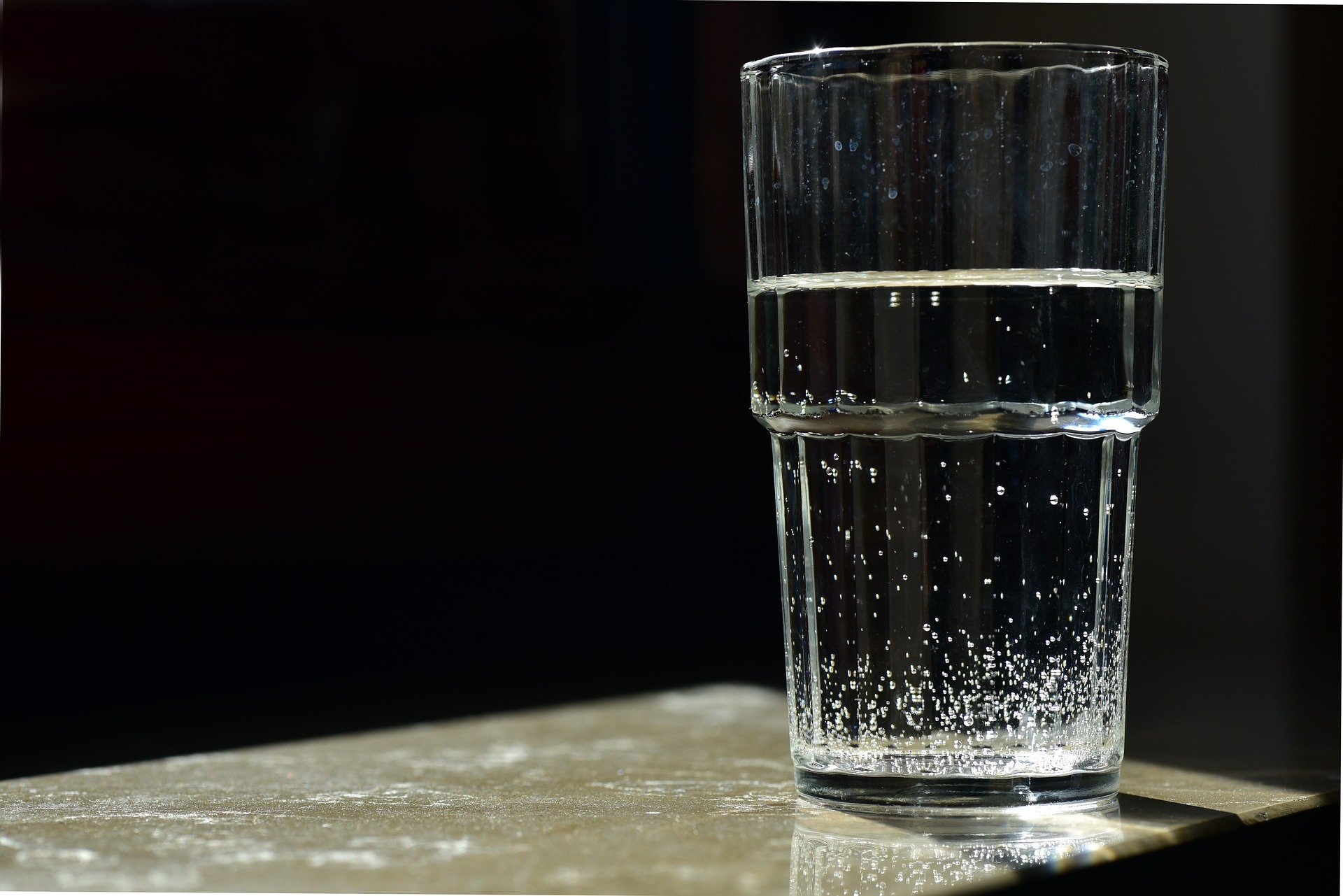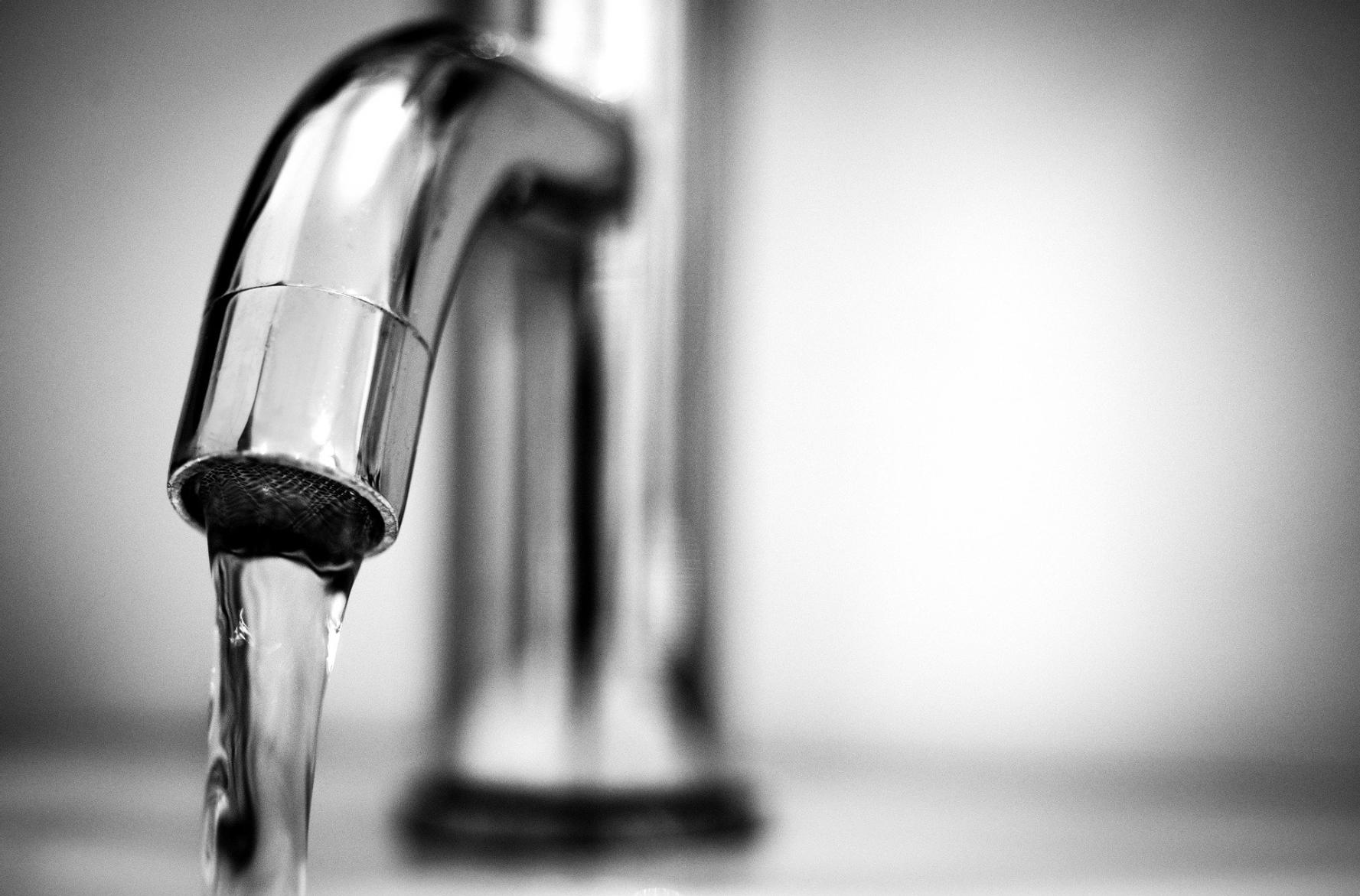You should drink enough water every day. But, what if the water you should be using is contaminated? There are so many common contaminants in water that even when the municipal says the water is safe to drink, you still need to ensure you filter your water to keep it safe.
Most of the common water contaminants will not have a sudden impact on your health but will instead affect you slowly over a long time. Some of the common drinking water contaminants will cause kidney and liver problems, while others interfere with your digestion system.
Most cities promise clean drinking water when you turn on your faucet, but that is not always the case. Actually, most Americans believe that the water supplied to their houses is safe to drink until an incident like the one in Flint, Michigan, changes their minds. So, which are the most common water contaminants to watch out for?
8 Common Contaminants In Water
A contaminant is any physical, biological, chemical, or radiological substance that makes water unsafe for drinking. Drinking water will naturally have some contaminants – small levels of some contaminants are harmless to your body. However, you need to check the levels of common contaminants in well water to ensure you do not ingest poison with every glass of drinking water you take. Some of the common groundwater contaminants include:
Arsenic
The inorganic form of arsenic is associated with some forms of cancer.
Iron
Your body needs iron, and so do the bodies of plants and other animals. Iron, a naturally occurring element, is also used to make the most important metal used in pipes and in making other substances. However, when iron comes into contact with moisture and air, it produces rust, which not only stains surfaces but can also be lethal to your health.
Chlorine
Chlorine is one of the common well water contaminants seeing that it is added to well water as a disinfectant. When added to water, chlorine kills bacteria. However, chlorine interferes with the taste and smell of drinking water. In large quantities, chlorine can be lethal to your health. Look at this article on American Home Water to and Air’s website to learn about whether water softeners remove chlorine.
Fluoride
Fluoride is one of the common groundwater contaminants because it is a naturally occurring mineral.
Sediment
Sediments are small organic particles of sand, silt, clay, rust, and other substances. You can see sediments floating on your water glass. While sediment might not harm you unless taken in substantial quantities, it might cause blockage or corrosion of pipes.
Lead
Lead is another naturally-occurring element that is highly toxic, especially to your breathing system. A while ago, lead was a component of many household items, but it is considered to be so poisonous today.
E. coli
Escherichia coli, common as E. Coli, are bacteria present in the environment, intestines of people and animals, and in foods. Some strains of E. coli can cause diarrhea, among other symptoms.
Ammonia
Ammonia is an inorganic compound with a pungent smell close to that of urine. The compound is sometimes used in cleaning agents. It interferes with the taste and odor of your water.
How Do Common Water Contaminants Get Into Your Water?
Common contaminants in water find their way into your system in different ways. Most common water contaminants find their way into water at the source. Oil, for instance, is a result of oil spills in oceans. Sometimes, the pipes in your home can be a source of oil in your water. This way, your neighbor might have contaminated water due to old pipes, but your water might remain safe for drinking. As such, irrespective of the water source, you need to have your water tested.
There are four classes of water contaminants, as discussed below:
Physical contaminants affect the appearance of water – you can see physical contaminants such as sediments on the surface of the water. Most of these common drinking water contaminants are seen in lakes, rivers, and streams and are a result of soil erosion. In most city water systems, you will find physical common contaminants in water.
Biological contaminants mainly consist of bacteria and other microorganisms such as viruses, protozoans, and some parasites. Microbes are common well water contaminants.
Radiological contaminants are elements that emit radiation into water. Usually, these substances contain an unbalanced number of protons and neutrons. Substances such as cesium, uranium, and plutonium are examples of unstable atoms that cause radiation. These substances come from erosion of natural deposits. Though not common drinking water contaminants, they are very lethal to human health.
Mineral deposits are also common water contaminants, which may or may not change the physical appearance of water. The minerals, such as arsenic, are common groundwater contaminants. Some are lethal, and others are safe for drinking.
What To Do About Common Drinking Water Contaminants
While some contaminants are harmless to your health, you cannot gamble on the chances of the safe substances in your water. As such, you need to filter your water clean. There are different ways to treat your water and make it safe for drinking. For starters, ensure that you test your water to find out which common water contaminants are prevalent in your water. The nature of contaminants will help you choose the right water filtration system. Simple bag filters are ideal when the water is nearly safe for drinking with only a few harmless contaminants. Whole house systems such and reverse osmosis filtration systems are ideal when your water supply has lots of harmful contaminants.
Conclusion
Most common water contaminants such as sediment s and chlorine will not have adverse effects on your health. However, after a long period of consuming these substances, they can cause problems for your body organs. You, therefore, need to ensure that you get rid of them by installing the necessary filtration system. Even you are afraid of contaminants in city water or common contaminants in well water, getting a filtration system will help you keep your health intact.


